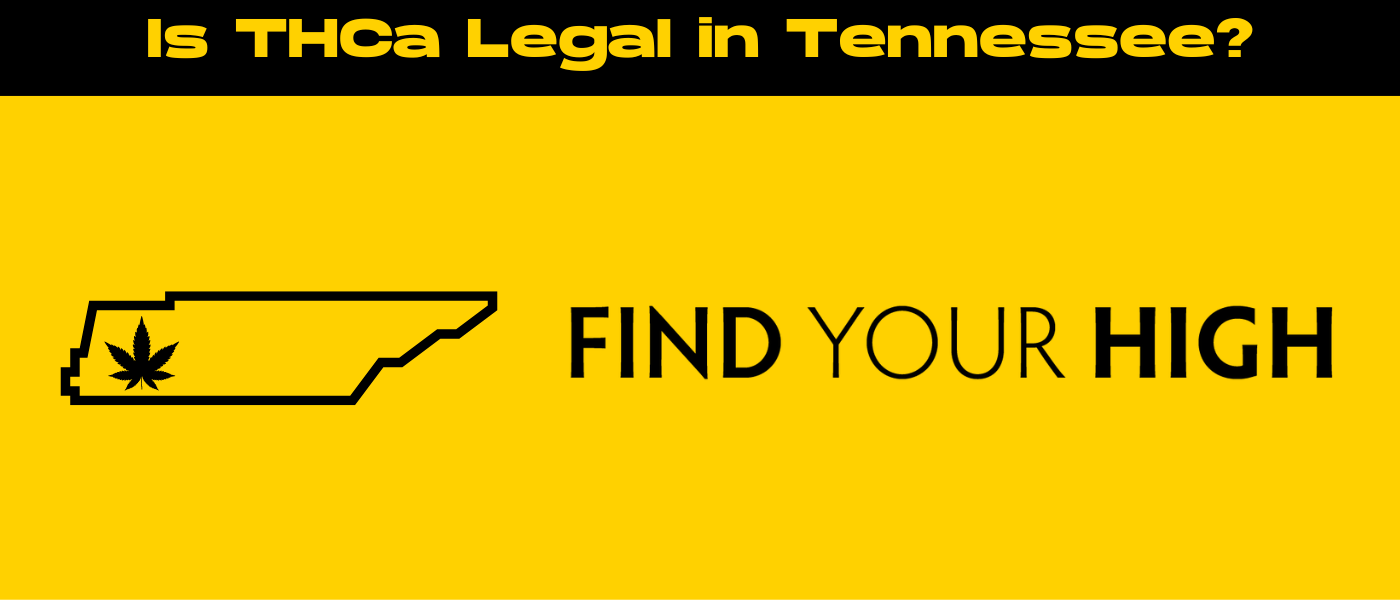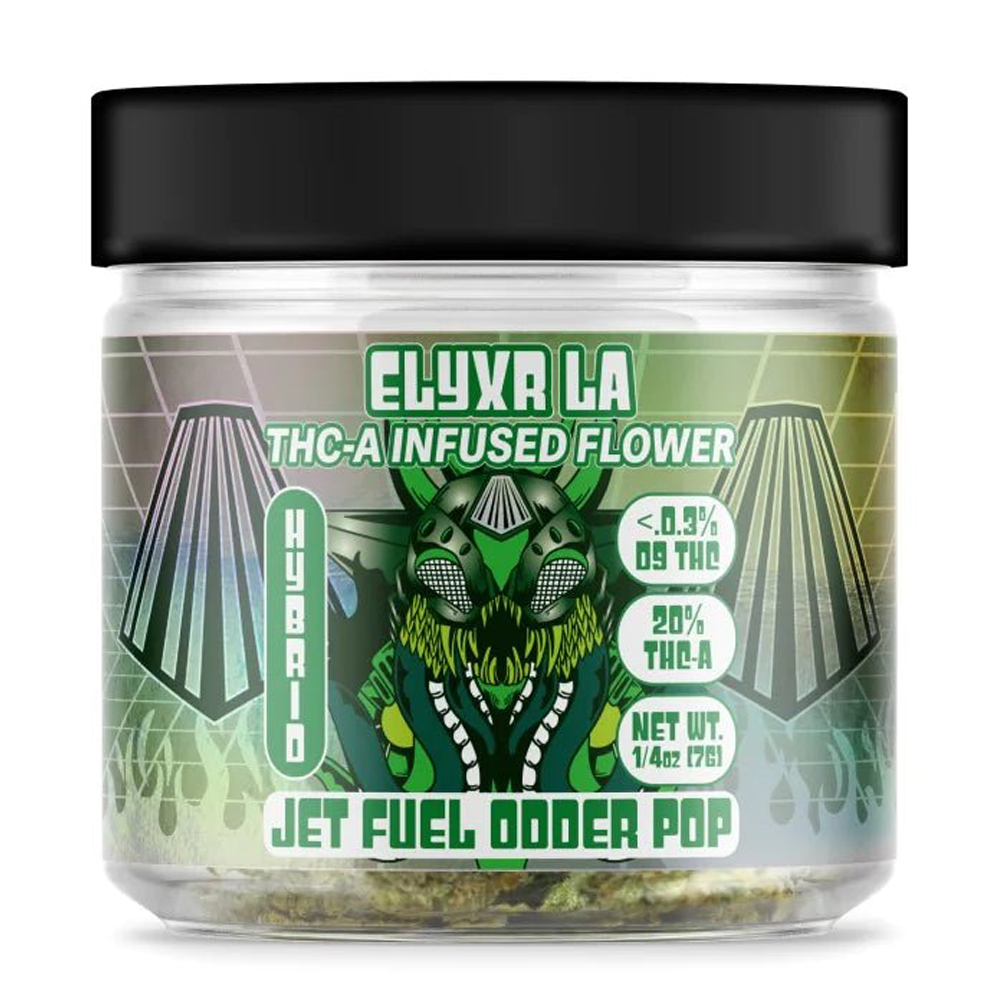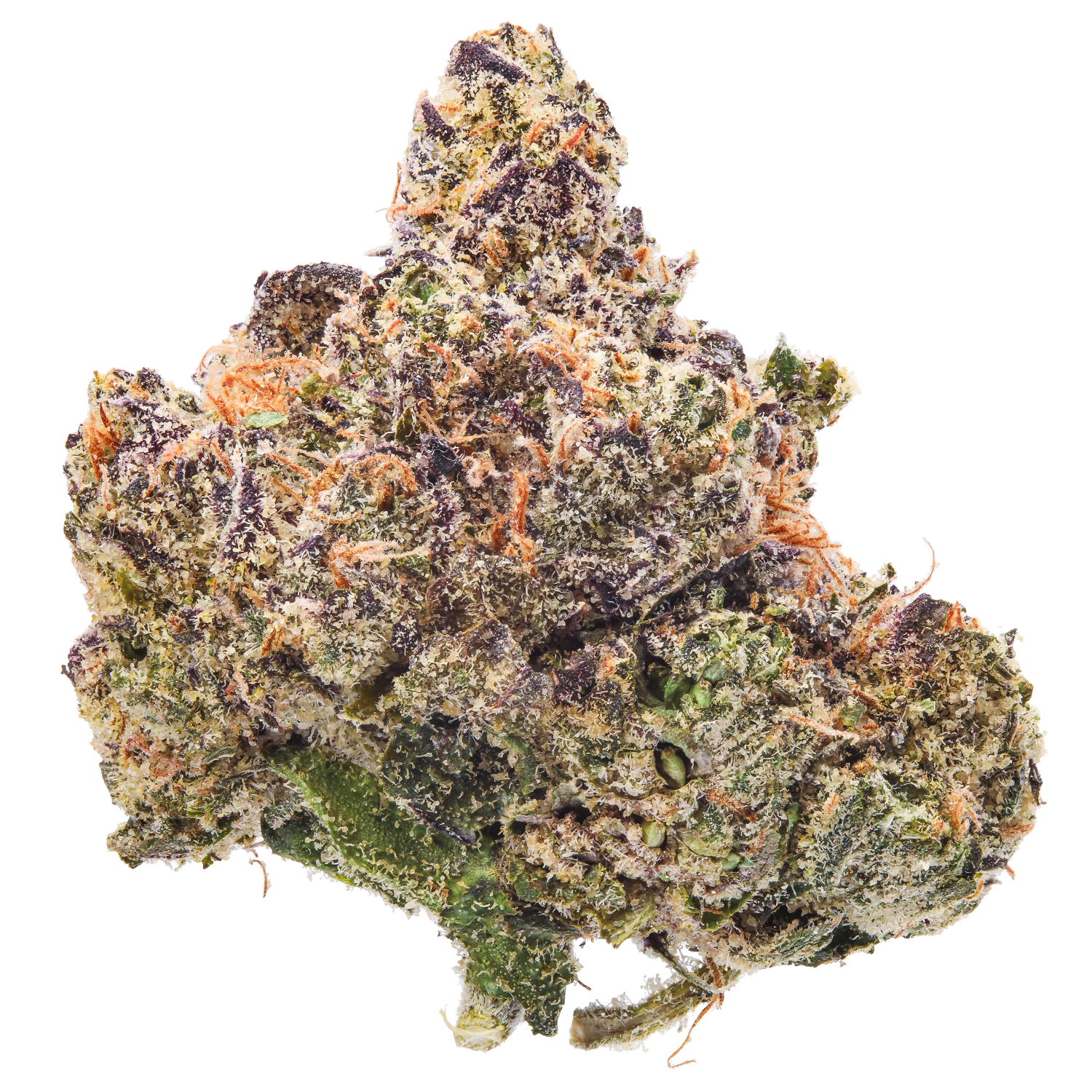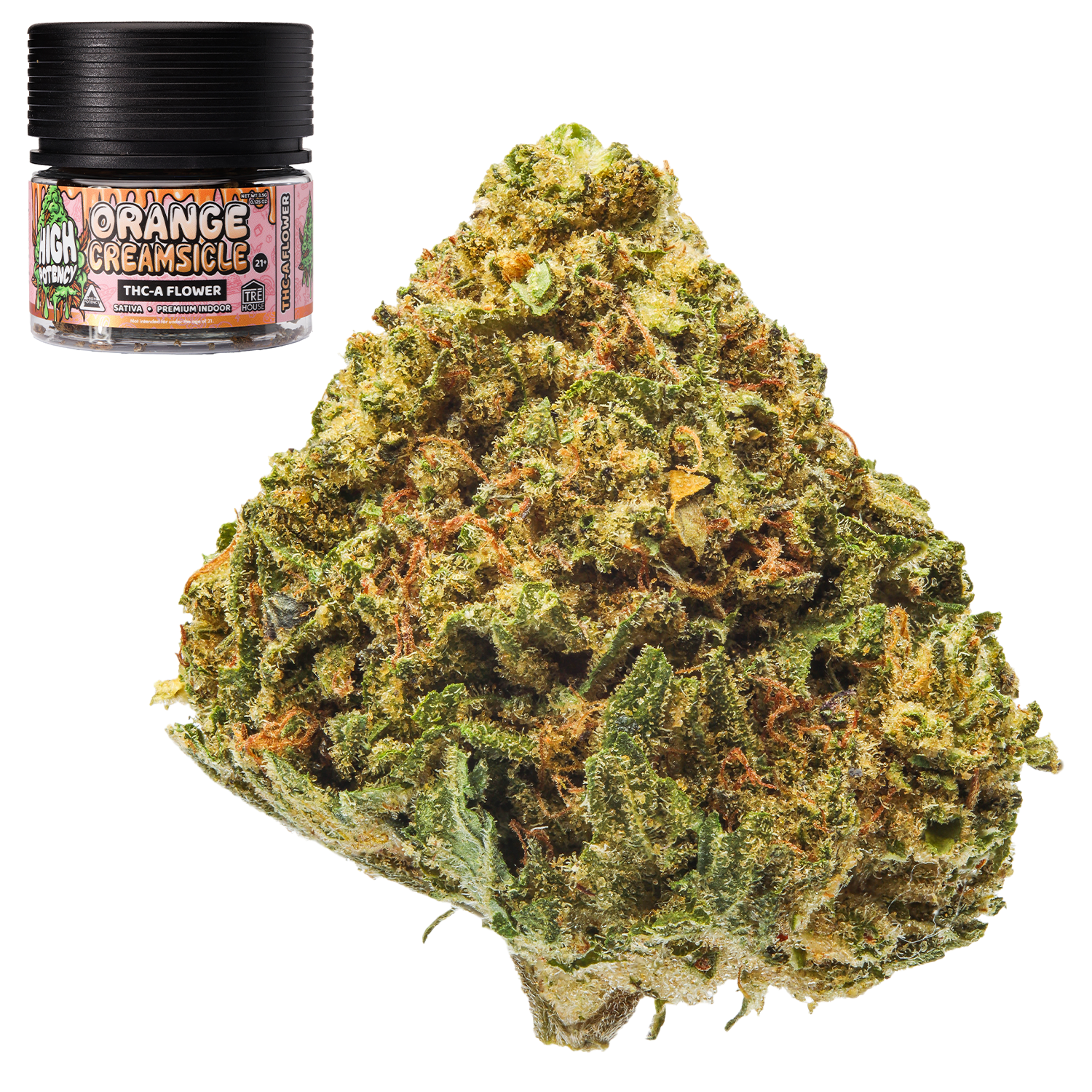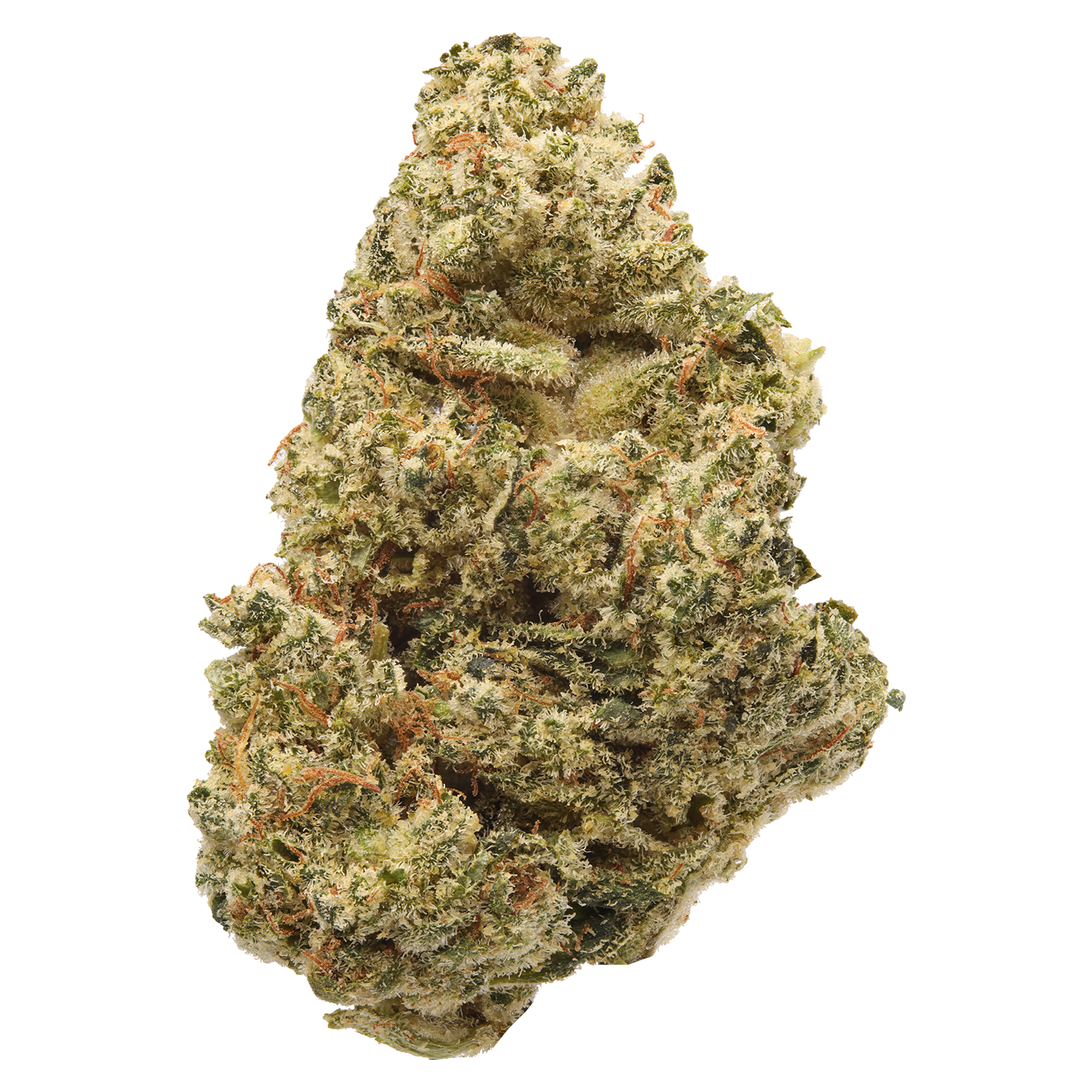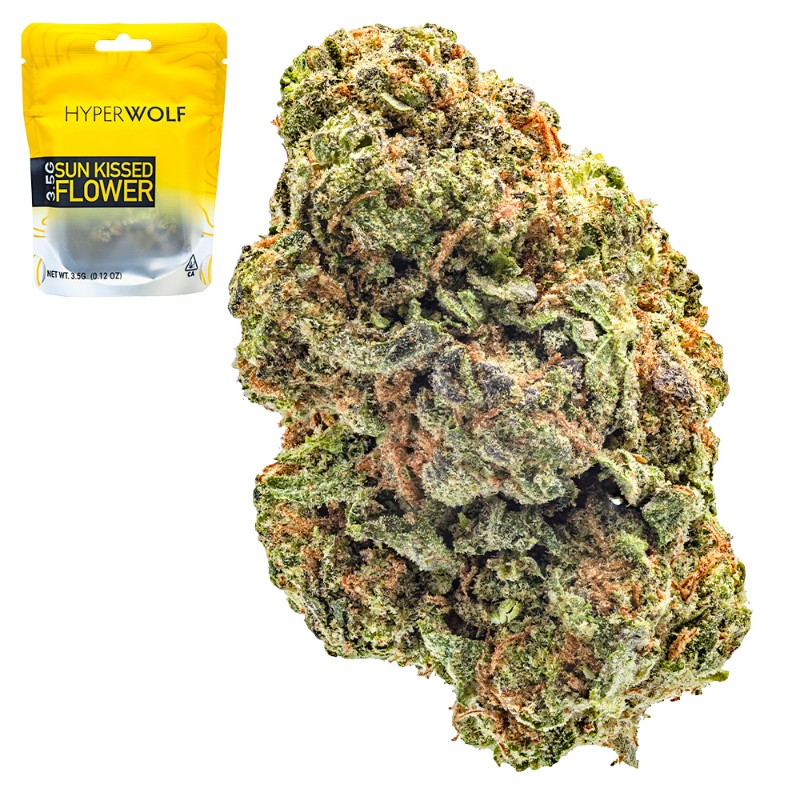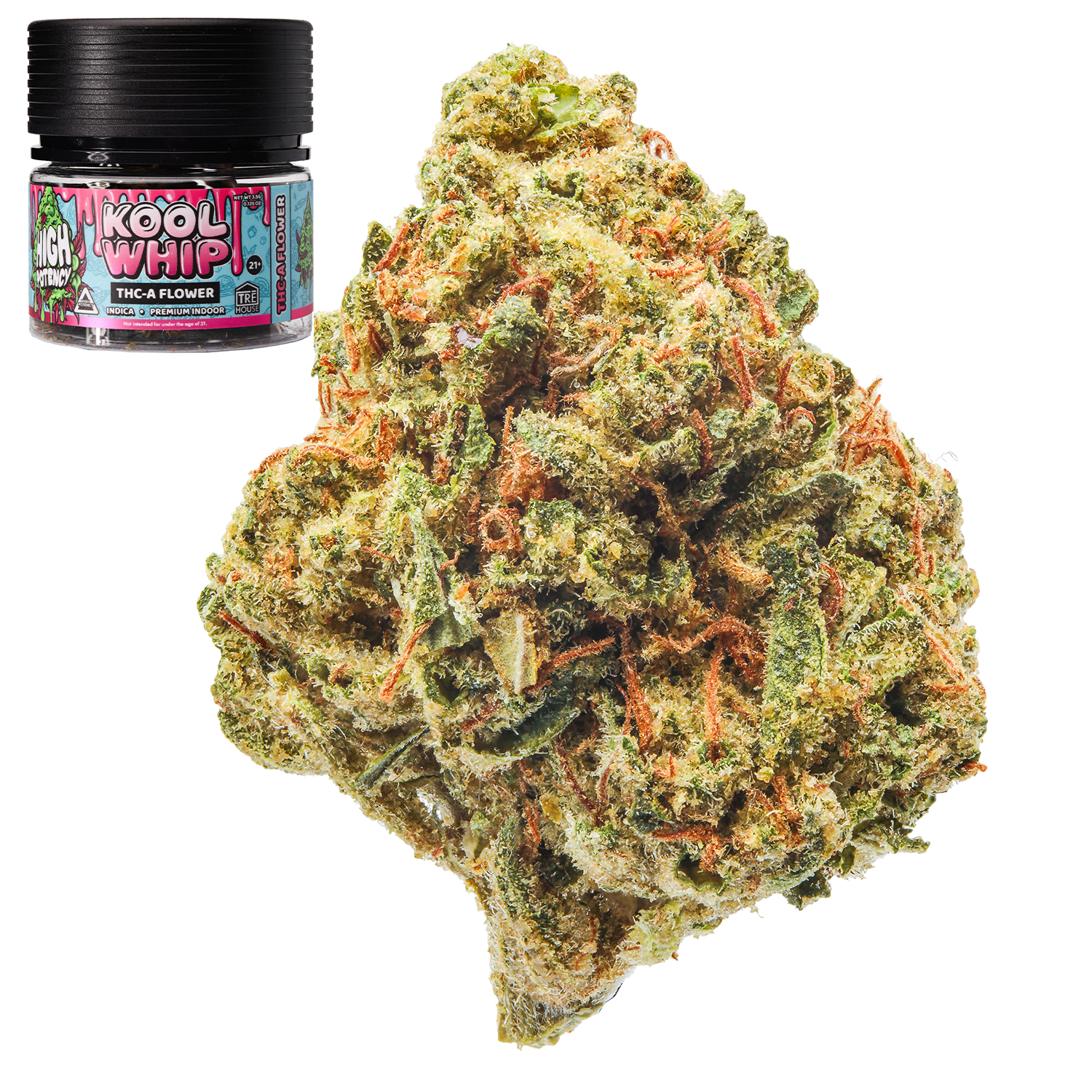As cannabis laws continue to evolve across the United States, states like Tennessee are grappling with the legal status of cannabinoids like THCa.
While THC is widely known for its psychoactive properties, THCa (tetrahydrocannabinolic acid) is less understood and often confused with its cousin. With the growing popularity of hemp and CBD products, many consumers, hemp growers, and businesses are left asking: Is THCa legal in Tennessee?
In this blog, we’ll dive into what THCa is, its legal status under Tennessee state law within the Tennessee Department of Agriculture, and what consumers and businesses should know about this cannabinoid in the Volunteer State.
What is THCa? A Basic Overview
Before diving into its legal status, it’s important to understand what THCa actually is.
What is THCa?
THCa is the non-psychoactive precursor to THC found in raw cannabis plants. Unlike THC, THCa doesn’t produce a “high” because it hasn’t undergone decarboxylation (a chemical process that occurs when cannabis is heated).
THCa vs. THC
- THCa: Non-psychoactive, found in raw cannabis.
- THC: Psychoactive, responsible for the “high” in marijuana.
When cannabis is heated—whether through smoking, vaping, or cooking—THCa transforms into THC, which is what gets users high.
Potential Benefits
Though it doesn’t produce a high, THCa is still believed to offer potential health benefits, such as:
- Anti-inflammatory effects
- Anti-nausea properties
- Appetite stimulation
- Neuroprotective qualities
Understanding Cannabis Laws in Tennessee
Tennessee has a complicated history with cannabis, shaped by both state and federal regulations. To understand where THCa stands in this legal landscape, we first need to understand the current state of cannabis laws in Tennessee.
Cannabis Legalization in Tennessee
- Recreational cannabis is illegal in Tennessee.
- Medical cannabis is allowed but strictly regulated. Only patients with qualifying medical conditions can obtain medical marijuana products through a state-approved program.
Hemp and the 2018 Federal Hemp Farm Bill
The 2018 Farm Bill legalized hemp-derived products at the federal level, as long as they contain less than 0.3% THC. This bill set the stage for hemp’s widespread availability in the form of CBD oils, tinctures, edibles, and other products.
In Tennessee, this meant that products containing THCa could be sold, as long as the final product passed the 0.3% THC threshold. However, the term “hemp” refers to cannabis that contains very low levels of THC—so the legal status of THCa, which is not psychoactive, often creates confusion.
Is THCa Specifically Legal in Tennessee?
Now that we understand the broader context of cannabis laws, let’s get into the specifics of THCa in Tennessee.
The Legal Grey Area of THCa
By the letter of the law, THCa itself is legal in Tennessee as long as it is derived from hemp and contains less than 0.3% THC. This is because THCa is a non-psychoactive compound, and under the 2018 Farm Bill, all hemp-derived products are legal as long as they stay within the THC limit.
However, law enforcement and local agencies may interpret the law differently. For example:
- Confusion with THC: Since THCa turns into THC when heated, law enforcement might not distinguish between THCa and THC since Tennessee law prevents the use of recreational cannabis.
- Lack of clear regulations: While the federal law is clear, states like Tennessee may have gaps in their cannabis-specific regulations that cause confusion for consumers and businesses alike.
What Does This Mean for Consumers?
- Consumers can technically buy THCa products, such as tinctures or raw cannabis, if the product is derived from hemp and contains less than 0.3% THC.
- However, buying or possessing THCa in Tennessee may still carry risks, as local law enforcement might not fully understand the difference between THCa and THC, potentially leading to issues with product confiscation or arrest.
- Consumers looking for natural options might consider THCa flower, which remains non-psychoactive unless heated. Ensure any THCa flower purchased is tested to comply with the 0.3% THC threshold.
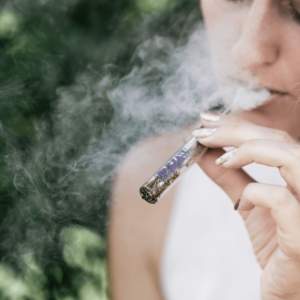
What Does This Mean for Consumers and Businesses in Tennessee?
For both consumers and businesses in Tennessee, navigating the THCa landscape can be tricky. Here’s what you should know.
For Consumers
- Be cautious when buying THCa products: Only purchase from reputable businesses, like Hyperwolf LA, that provide proof of third-party lab testing to confirm the THC content is below 0.3%.
- Understand the risks: While THCa is legal under hemp laws, enforcement issues and lack of clarity could lead to confusion or legal complications.
For Businesses
- Know your product: Ensure all products containing THCa are properly tested to confirm they meet the legal THC limit.
- Label clearly: Transparency with product labels can help consumers understand what they’re purchasing, which can also protect businesses from potential legal issues.
- Consult with legal experts: Regular consultation with legal advisors familiar with Tennessee’s cannabis laws is crucial to remain compliant.
Potential Changes to THCa Legislation
While the current legal landscape leaves much to be desired, there are signs that things may change in the near future.
Ongoing Legislative Efforts
Tennessee lawmakers passed legislation to expand medical cannabis use, but no new permanent rules have been made to clarify the legal status of THCa specifically. However, with growing national support for cannabis reform, this could change in the future.
National Trends
Other states are moving toward clearer laws regarding THCa and other cannabinoids, which could push Tennessee to follow suit. As more people use hemp-derived products, especially in states with robust cannabis regulations, the demand for more clarity in the law and among law enforcement officials is likely to grow.
Advocacy and Public Opinion
Cannabis advocacy groups in Tennessee are pushing for more defined regulations, and there is growing public support for comprehensive cannabis reform. If the momentum continues, Tennessee could see changes to cannabis laws that directly impact THCa products.
Conclusion: Is THCa legal in Tennessee
The legality of THCa in Tennessee remains a grey area, largely governed by the broader federal hemp laws and the state’s inconsistent enforcement practices. While THCa is likely legal under the 2018 Farm Bill as long as it’s derived from hemp and contains less than 0.3% THC, the confusion surrounding its enforcement could still pose risks for consumers and businesses alike.
As the cannabis industry continues to evolve, there is hope that Tennessee will eventually clarify its stance on THCa and other cannabinoids. For now, it’s essential for consumers and businesses to stay informed, exercise caution, spark an ongoing conversation, and consult legal advice when necessary to ensure compliance with the state’s evolving cannabis laws.
Frequently Asked Questions
1. What states banned THCA?
As of now, THCa itself is not specifically banned in most states. However, the legality of THCa is often tied to the legal status of cannabis and hemp in each state. THCa is a cannabinoid that occurs naturally in cannabis plants, and under federal law, hemp-derived THCa is generally legal as long as the THC content remains below 0.3%.
However, some states with stricter cannabis laws or limited medical cannabis programs may enforce regulations that indirectly affect THCa. For example:
- States with strict cannabis laws (e.g., Idaho, Nebraska, and Kansas) may not differentiate between THCa and THC and could consider it illegal.
- States with no clear hemp or cannabis regulations could create confusion about the legality of THCa.
It’s important to consult local regulations in specific states to ensure compliance.
2. Does THCA produce a high?
THCa is the raw, non-psychoactive form of THC found in cannabis plants. It only becomes psychoactive when it undergoes a chemical process called decarboxylation, which occurs when cannabis is heated (as in smoking or cooking). Once heated, THCa converts into delta-9 THC, the compound responsible for the psychoactive effects, or the “high.”
3. Why do dispensaries use THCA?
Dispensaries may offer hemp-derived cannabinoid products for several reasons:
- Therapeutic benefits: THCa has potential anti-inflammatory, neuroprotective, and anti-nausea properties. Some patients use THCa for conditions such as arthritis, nausea, or chronic pain without experiencing the psychoactive effects of THC.
- Non-psychoactive options: For patients who need cannabis for medical purposes but do not want the high associated with THC, THCa provides a viable alternative.
- Raw cannabis and tinctures: Some dispensaries sell raw cannabis or THCa tinctures, which contain high levels of THCa before it’s decarboxylated into THC.
- CBD/THCa products: THCa is sometimes combined with CBD in products to offer additional potential health benefits.
4. Are delta-9 and THCA the same thing?
No, delta-9 THC and THCa are not the same thing, although they are chemically related. The key differences include:
- THCa: This is the acidic precursor to THC found in raw cannabis. It is non-psychoactive, meaning it does not cause a high. THCa becomes THC when it undergoes decarboxylation (heating or burning).
- Delta-9 THC: This is the psychoactive compound in cannabis that causes the “high” or intoxicating effects. Delta-9 THC is produced when THCa is heated or decarboxylated.
To sum it up, THCa is the precursor to delta-9 THC, and while they share some molecular similarities, they have very different effects on the body, with THC being the compound responsible for the euphoric high associated with cannabis consumption.




